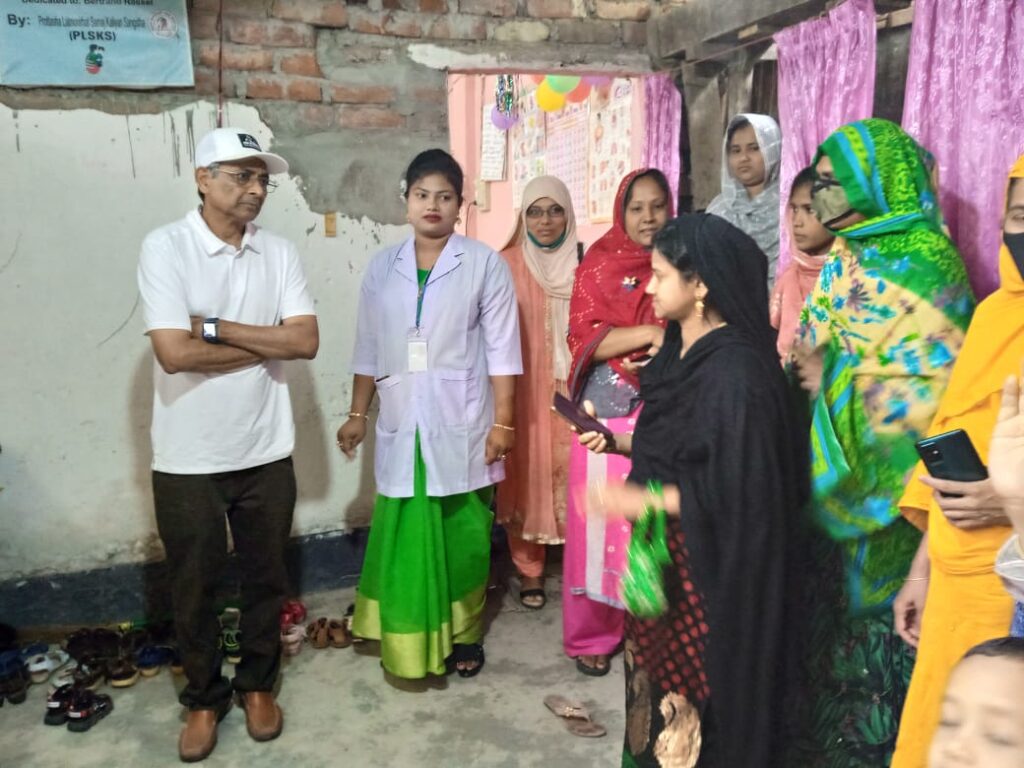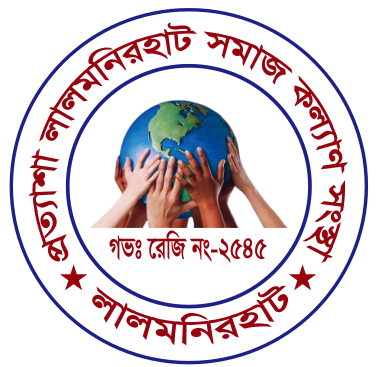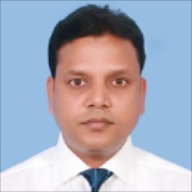Community Building
Inadequate social networks and trust within communities are key barriers to livelihood opportunities, access to public and private services, and ensuring sustainable development. In this design phase, priorities include improving community and family bonding, women empowerment, social security and addressing child marriage and violence within households and communities. Monthly sessions are designed to identify and mobilize communities, address social issues like access to education, child marriage and fire safety and bring together women and adolescent groups to engage in meaningful activities within a safe space. In each location, Steering Committees are formed to actively co-support and lead endeavors of the community building stream. These committees are essential to ensure ownership of initiatives by encouraging community members to volunteer their time, and occasionally contribute towards the cost of arranging events.

Mental Health and Psychosocial Support

PLSKS runs monthly wellbeing sessions with women and adolescent groups on topics such as managing negative emotions and relaxation classes. The program is also conducted with a mental health screening (GHQ questionnaire) with all adults who were interested to engage in the program. Adults who are identified with moderate to severe mental health symptoms were referred to PLSKS’s service. A collaboration with partners are to be developed to ensure free access to professional counseling, psychiatric consultation and medication support for urban poor communities where required.
Women Empowerment
PLSKS aims to empower women and enable them to be involved in development activities using a programmatic approach by providing access to health, education, jobs, training, and decision-making power. This program also enables women to be financially independent, develop a strong network and find an opportunity that significantly reduces poverty, gender disparity and domestic violence. PLSKS has ensured a safe, gender equal and healthy work environment for all its employees in the field and the office. Alongside implementing organization wide gender responsive policies and best practices, focus group discussions and counseling have been undertaken at the branch level. The purpose of these discussions is to propagate the narrative on workplace obstacles and explore appropriate solutions.

Agriculture and social forestry

PLSKS implemented agriculture program at Botlagari Union in Saidpur Upazila. In this program, PLSKS develops skills of the grassroots on sustainable agriculture and homestead gardening through proving them participatory training. PLSKS provides technical assistance to the poor involved in agriculture and vegetable production and marketing resulting in their nutrition security and income generation. In this program, PLSKS analyzed local resources i.e. lands, local capitals etc. for getting the grassroots involved in such production. PLSKS develops linkages with local government institutions and agriculture department for local resources utilization and agro-based technical support. As a result the women of such section are getting involved in homestead gardening and marketing of their commodities that ultimately results in women empowerment in families and in the society. PLSKS distributed seedling of fruit and timber tree to grass root women under social forestry program.
Climate Change Adaptation Programs
One of objectives of PLSKS is to contribute to build a climate resilient nation through effective, community-based adaptation strategies. By reimagining abandoned, forsaken areas into green centers of life and recreation. Bangladesh is widely considered to be at the forefront of climate change and disaster impacts. PLSKS’s Climate Change Adaptation Programme is a one-stop platform to deliver, high-impact, gender responsive, and socially inclusive climate solutions. The programme is being implemented at Saidpur Upazila in Nilphamari. This program is supporting climate resilient livelihood opportunities and green skills development and developing long-term nature based solutions for disaster risk reduction, while creating opportunities for cohabiting people and biodiversity. The program focuses on four areas of intervention – access to fresh water, healthcare, sustainable livelihood and nature-based solutions. Since climate change impacts livelihood, safe drinking water, food security, housing and overall wellbeing, this program aims at reducing vulnerability and increasing resilience in climate affected communities.

Emergence Relief and Disaster Management

The projects working area is in Nilphamari district where thousands of poor people live with constant threat of Tista River. Nilphamari district stands on the most low-lying area which is geographically located on the north of the Himalayan mountain range approximately 568 kilometers. As a result it is continuously prone to the natural disasters like flood, river bank erosion, storms, drought, cold wave, cyclone and earthquake threat. PLSKS provides emergency humanitarian support for flood affected peoples at Dimla, Jaldhaka and Pakistani refugees (Urdu speaking) peoples who live in 22 camps in Saidpur area. Most of the poor people of Muslim community cannot celebrate any festival. Being as a local humanitarian development organization PLSKS is closely working with these poor people providing food and meat support during the occasion of holy Eid-ul Fitre and Eid-ul Azha.


